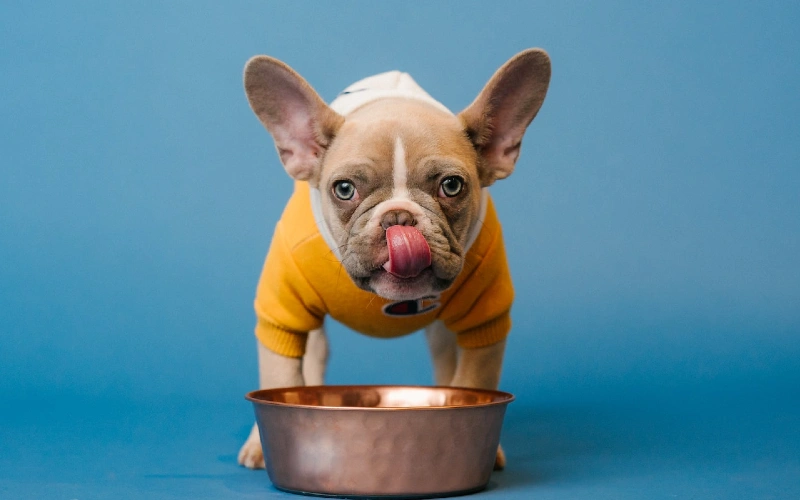Click to Skip Ahead
Grain-free dog food has been gaining in popularity over the past few years. And while grain-free diets may have some benefits, there are also some potential risks associated with them as well.
In this article, we’ll take a look at the pros and cons of grain-free dog food to help you decide if it’s right for your pup.
Before We Begin
It’s important to note that while grain-free diets may potentially have benefits for a few dogs, they are not recommended for all, nor should they be fed without a good reason. Talk to your veterinarian before making any changes to your dog’s diet.
Why Grain-Free Dog Food?
Although the most common food allergens in dogs are protein ingredients such as chicken or beef, some dogs may be allergic to grains as well. Since grain-free dog food doesn’t contain grains, it should be less likely to cause allergies or skin irritations in dogs with sensitivities to those ingredients. However, it may be beneficial to identify which specific grains your dog is allergic to. For example, your dog may be allergic to wheat but not allergic to oatmeal, quinoa, rice, or other grains. There’s no need to deprive your dog of grains altogether if they are allergic to only one or two grains.
Some people see grain-free dog food as part of a more “biologically appropriate” or “natural” diet for dogs. We personally don’t support these views for a few reasons. The first is that wolves eat grain in the digestive tracts of their prey. The second is that wolves have been a distinct species from dogs for more than 27,000 years1. During the domestication process, dogs have evolved the ability to digest more carbohydrates and less protein than wolves2.
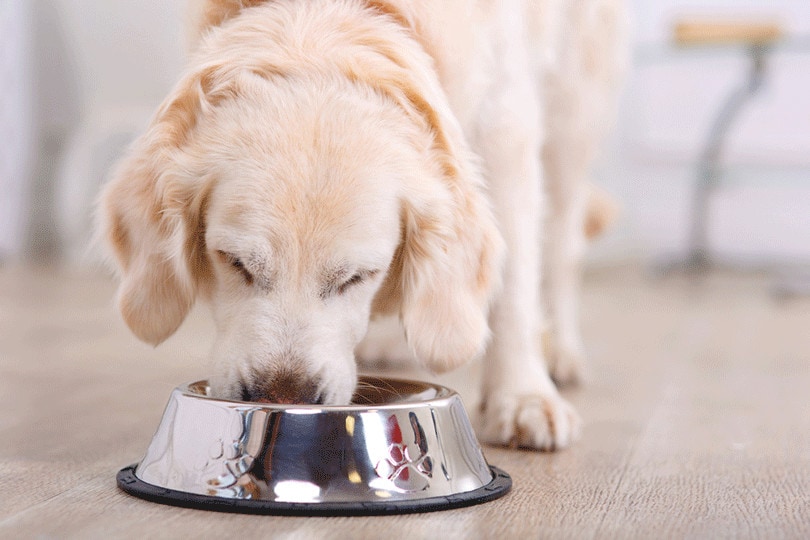
The 2 Cons of Grain-Free Dog Food
There are also potential risks associated with grain-free diets. Here are some things to consider:
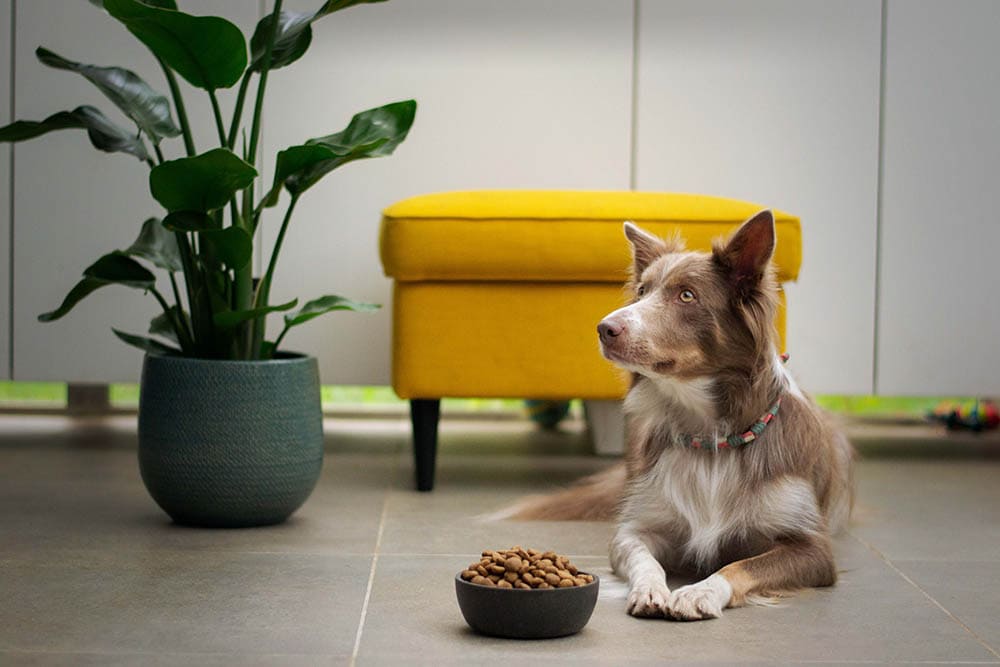
1. Cost
Grain-free dog foods can often be more expensive than traditional kibble. This may be a concern for pet parents on a budget.
2. Heart Disease
We don’t know much about the long-term effects of grain-free diets in dogs. For instance, dilated cardiomyopathy (DCM) has only recently been noted as a serious consequence of grain-free feeding, although more research needs to be done. This can potentially occur in any breed, but especially large breeds that are already prone to DCM, like the Labrador Retriever, Great Dane, and Doberman Pinscher. This is why you should talk to your veterinarian before making any changes to your pup’s diet.
Grain-Free Diet Buying Guide
Before switching to a grain-free diet, here are some tips for choosing the best food for your pup:
- Consult a Vet – Talk to your veterinarian about any specific dietary needs or concerns you have for your pup before making the switch.
- Check the Label – Look for high-quality ingredients such as meat and vegetables. Avoid foods that contain fillers, by-products, or artificial ingredients. Ensure the food clearly states it is nutritionally complete.
- Research Sources – Read reviews of different brands and look for companies with good reputations.
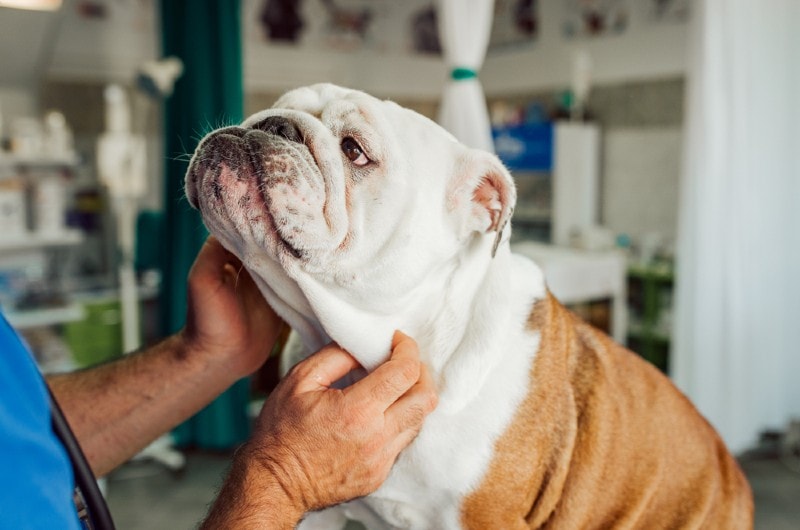
Grain-Free Diet FAQ
What is the idea behind grain-free diets?
This type of diet is based on the unproven theory that grains are not a natural or necessary part of a canine’s diet. The idea behind this is that it may improve your pet’s overall health by reducing inflammation and improving digestion.
Is grain-free food better for my dog?
No research currently exists to show that it is. Some dogs may benefit from a grain-free diet in specific instances, while others may do just fine with traditional kibble. Talk to your veterinarian to decide which food is best for your pet.
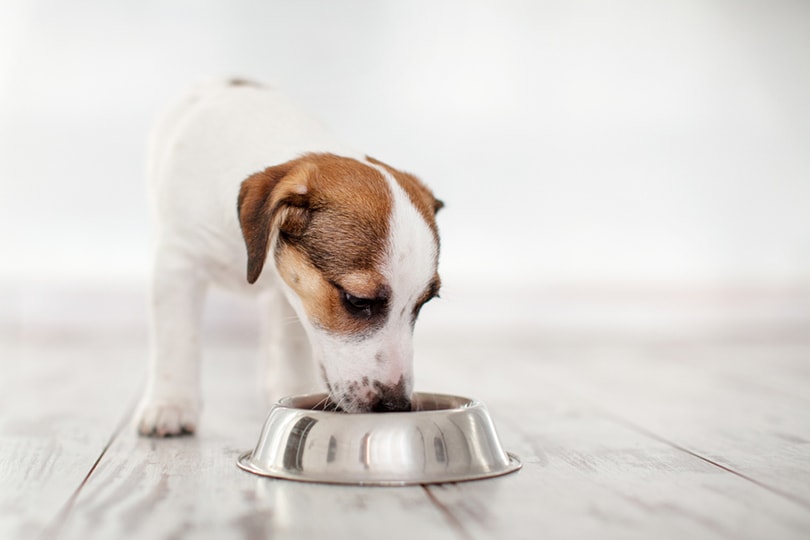
Do grain-free foods help with allergies?
It’s possible that grain-free foods can help reduce the signsof certain allergies, but this is not always the case. Depending on the cause of your pup’s allergy, switching to a grain-free diet may or may not be beneficial.
Talk to your veterinarian about any allergies your pup may have and if it’s recommended for them to switch to a grain-free diet.

Are grain-free diets more expensive?
Yes, generally speaking, grain-free diets tend to be more expensive than traditional kibble. However, the cost can vary depending on the brand and type of food you choose. If you want to save a little money, be sure to compare prices and check for any discounts or promotions that may be available.
Are there alternative diets for dogs who cannot have grain-free food?
Yes, several types of diets can be suitable for your pup, like those with alternative grain sources. Talk to your vet about which formula best suits your pup’s needs and preferences.
Conclusion
With the right food, your pup will be your best friend for longer! Grain-free dog food may offer some benefits for certain dogs, but it’s not for every dog. It’s important to weigh the pros and cons before making any changes to your pet’s diet.
Talk to your veterinarian if you have any questions. Your dog’s diet is one of the single most important factors in their overall health. A little research now has the potential to add years to your pup’s life!
See Also:
Featured Image Credit: Karsten Winegeart, Unsplash

